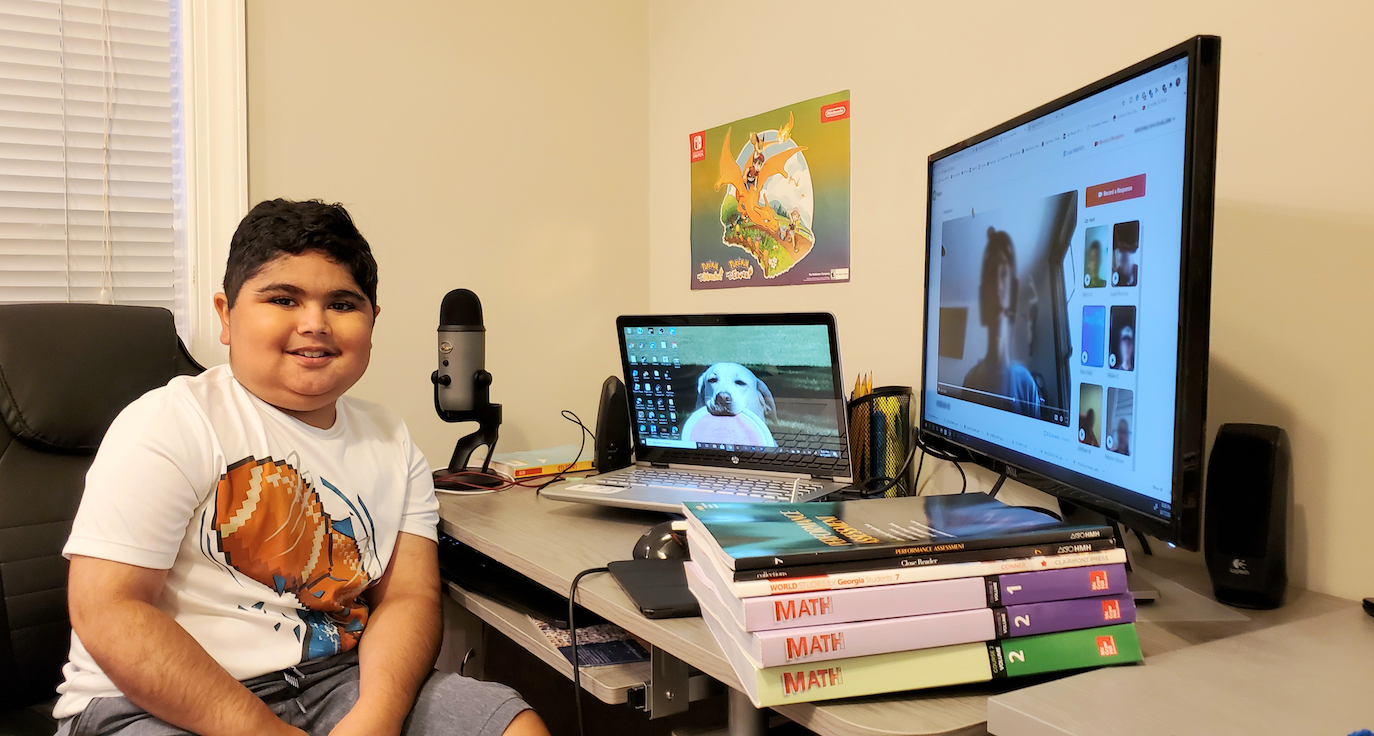
In response to the COVID-19 pandemic, many families in our community are facing changes in school and home routines. There can often be heightened emotions around these disruptions, leaving adults and kids alike stressed and overwhelmed. In Duchenne, existing challenges with learning, behavior, anxiety, and depression can be exacerbated, making this “new normal” difficult to navigate. Below are some tips you can use to help tackle the disruption of routines, and establish a family schedule to promote physical and emotional health.
We would like to thank the following for contributing to the information below: Molly Colvin, PhD (Mass General Hospital), Denise Gruender (founder, ABC Educational Services) and Alex Grossman, OTR (Capital Therapy Group)
10 Tips & Tricks for Navigating School & Home Routines
1. Download PPMD’s Education Matters
Download or order a copy of PPMD’s Education Matters to share with your child’s teacher, school therapists, and administration when developing an individualized lesson plan (IEP) or 504 plan to meet the needs of your child both at school or through virtual learning and therapy.
Tip! Be kind to your teacher and flexible in what you ask for – they are doing the best with what they have this year. It also never hurts to bring a gift card for coffee or other small gift along with PPMD’s Education Matters to show your appreciation.
2. Create a daily schedule
Create a daily schedule for both home and school routines, including sleep schedules, meals, social time, chores, and breaks.
Tip! When possible, include your child in schedule planning. Some tasks are non-negotiable (like school), but allow your child to pick the negotiable activities – it helps them feel in control and be more positive!
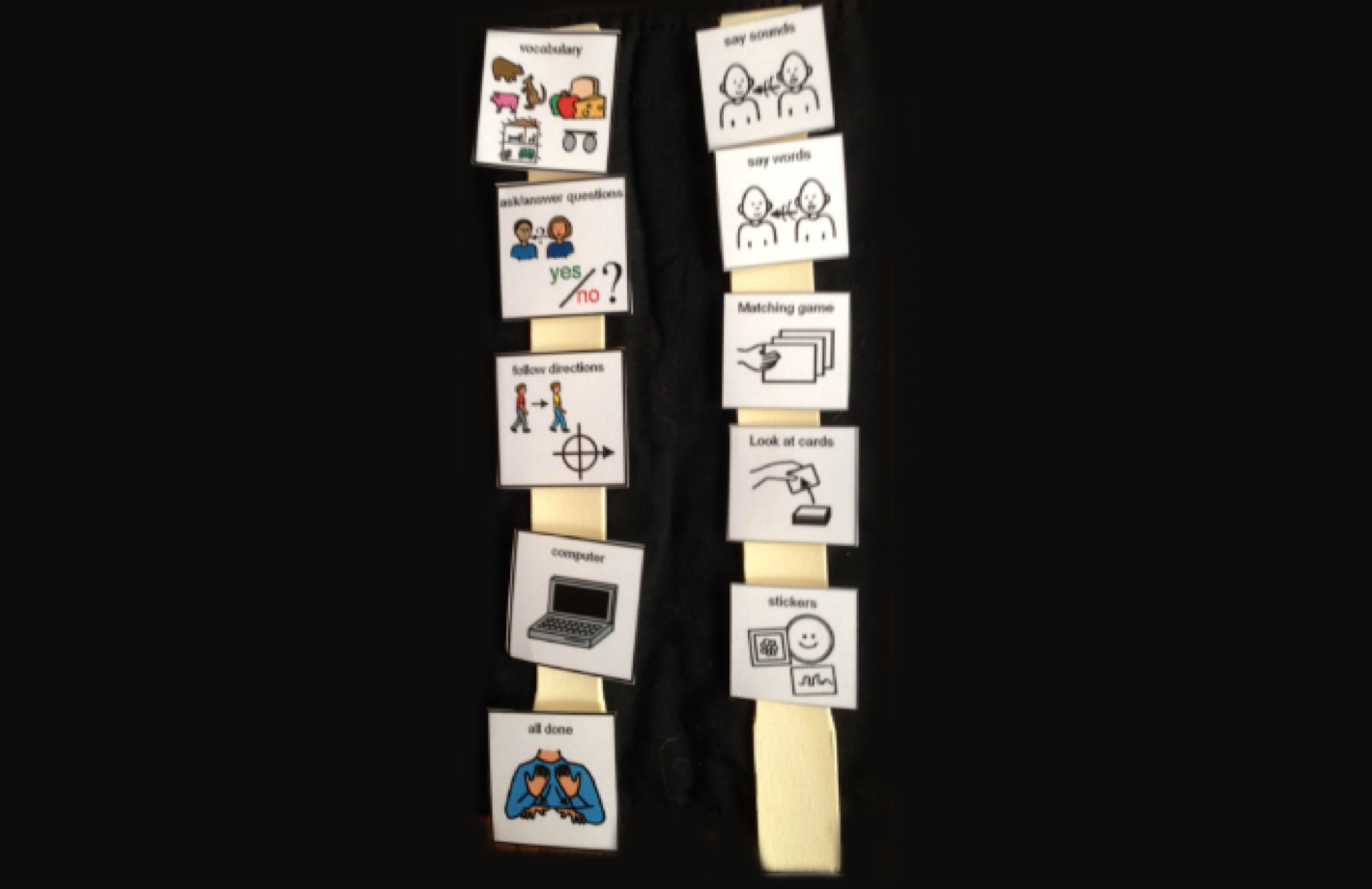
3. Set expectations
Set expectations both at school and at home to be prepared, participate in activities, follow rules, and determine level of independence to complete tasks.
Tip! Create a “rule wall” or put expectations in writing for children who are visual learners. Children can also be involved in creating some rules as well so they feel that the rules are fair.
4. Stay organized.
Whether your child is attending school in-person or virtually, discuss and implement ways to organize school subjects and complete assignments.
Tip! For younger children, token charts can be helpful to reward positive behavior and put children in control of their own destiny.
5. Modify your environment
Modify your environment by defining a workspace that is clean, quiet, and clear of distraction with appropriate materials, equipment, and assistive technology.
Tip! For children with sensory issues, use of fidgets and other sensory tools can help with attention, focus, and classroom management. Here is a helpful website to explore sensory solutions (many of these can also be found on Amazon if you are an AmazonSmile shopper & supporter of PPMD!).
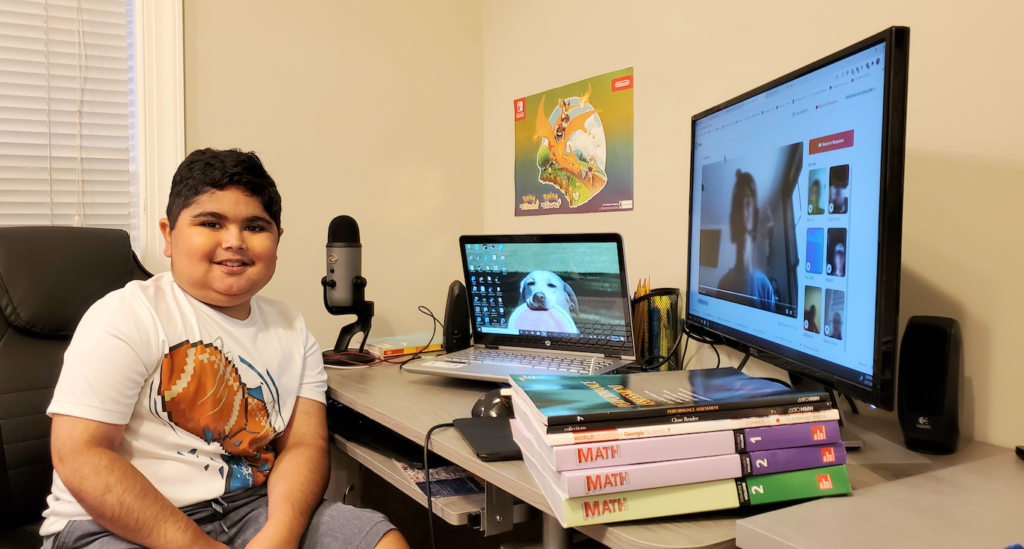
6. Provide breaks throughout the day.
If attending school in-person, include regular breaks in your child’s schedule to rest or take off their mask. If attending school virtually, allow for rest or choice of alternative activity (i.e. legos, outside time, snack, call a friend or family member, etc.).
Tip! “Chunk” work into small segments or sections so that it is easier to see “an end in sight” – this chunking of time should be based on age, but 15 minutes at a time is a good start. We recommend using a time timer to visually show the passage of time.
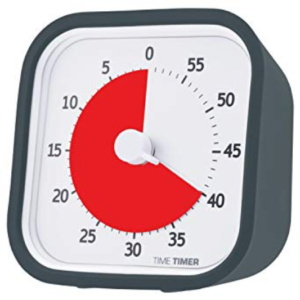
7. Prioritize socialization
Prioritize socialization whether it be socially-distanced get-togethers, group video games, online chats, etc. Your child’s teacher can help facilitate interaction with peers through small group breakouts.
Tip! Reach out to your local PPMD Connect group if your child is interested in being connected with other kids living with Duchenne in your area. PPMD’s Adult Advisory Committee (PAAC) also holds regular get-togethers with teens and adults.
8. Manage stress and anxiety
Manage stress and anxiety by recognizing signs and symptoms, limiting news exposure, providing reassurance, and contacting your neuromuscular team to be connected with a professional if needed.
Tip! Try providing daily rituals in a new and different environment (i.e. dinner picnic in the backyard, breakfast in bed, lunch time scavenger hunt with eating breaks). This can really help to de-stress and distract our minds from the isolation and help promote family bonding!
9. Establish family rules
Establish family rules for living during a pandemic and promoting physical and emotional health.
Tip! Some families may choose to set a “COVID contract” that defines values and expectations in the home.
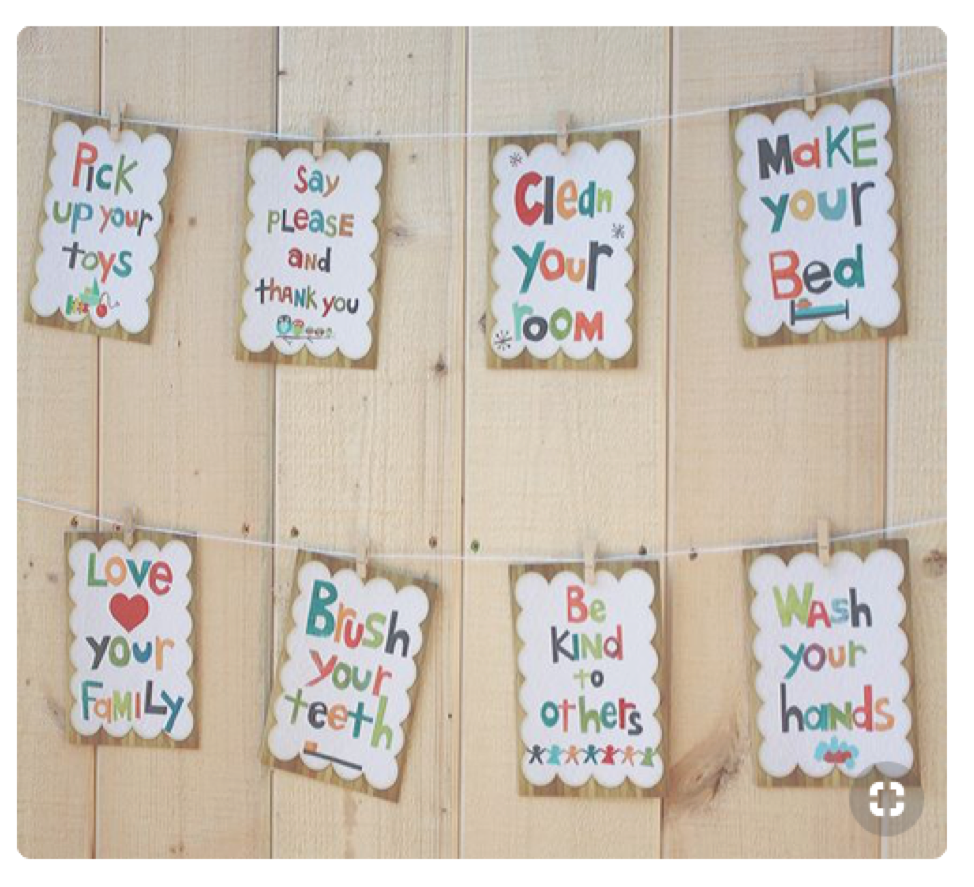
10. Remember: You are not alone.
You are not alone. Reach out to PPMD to be connected to additional resources, guidance, and even be connected to other families in your area.
Tip! Visit our COVID-19 hub to view archived webinars and other resources about facilitating learning and managing behavior at home.



 by: Parent Project Muscular Dystrophy
by: Parent Project Muscular Dystrophy

